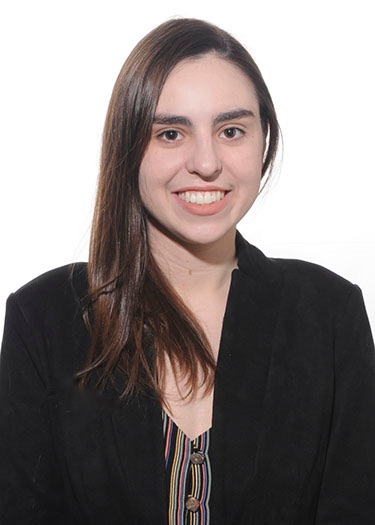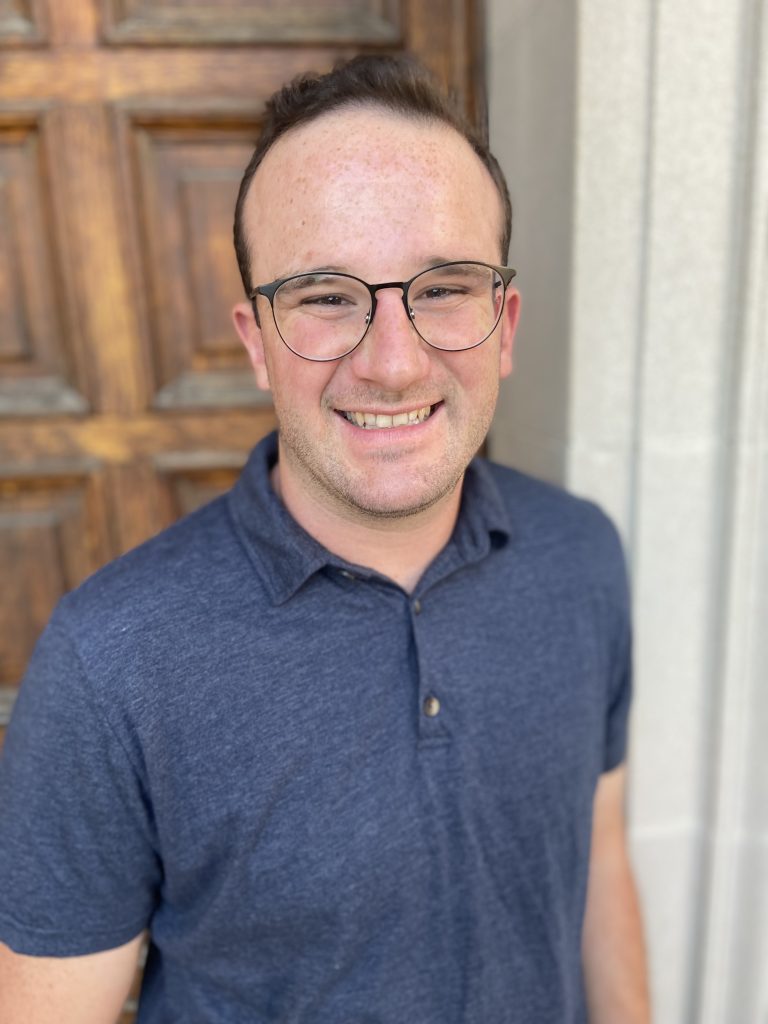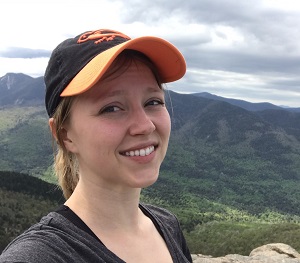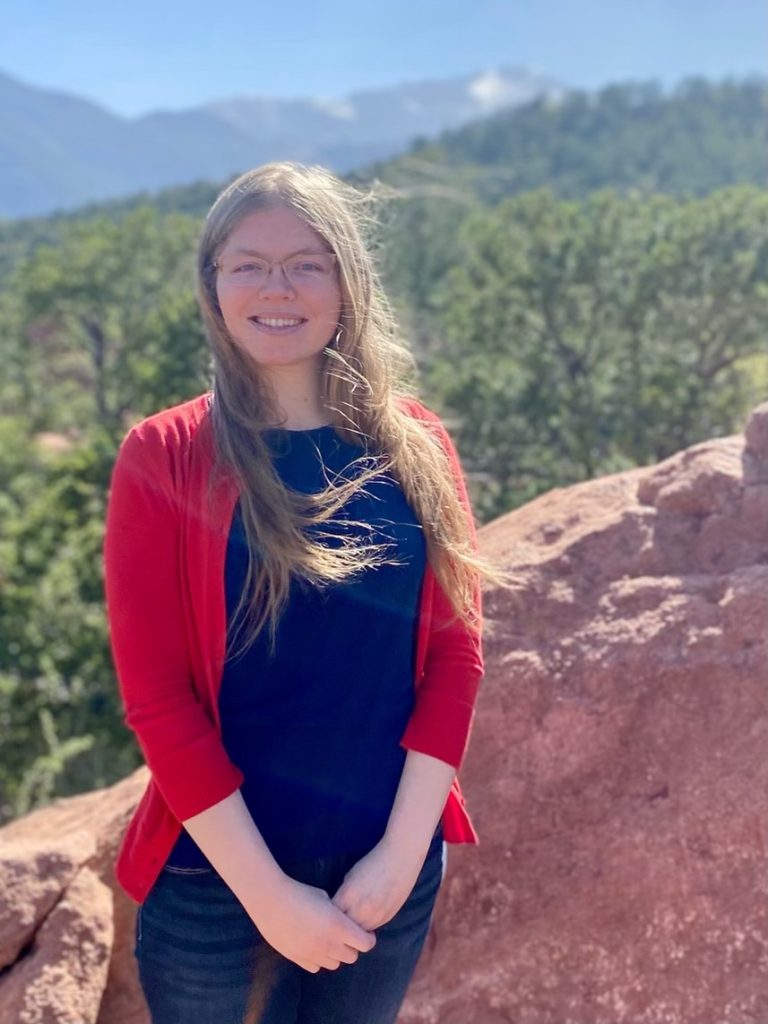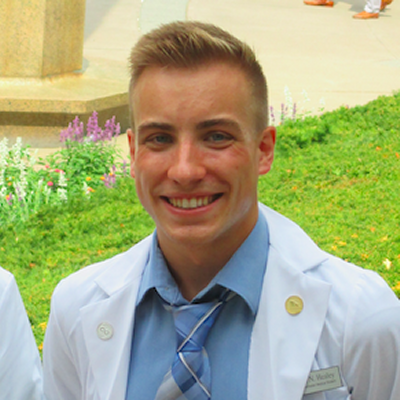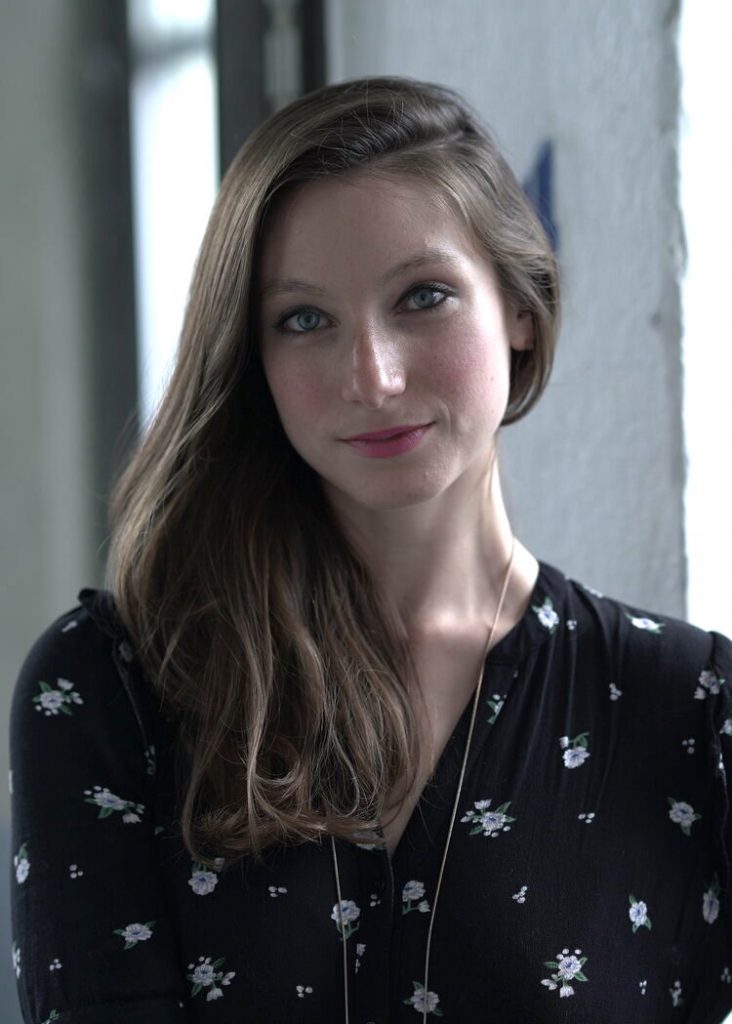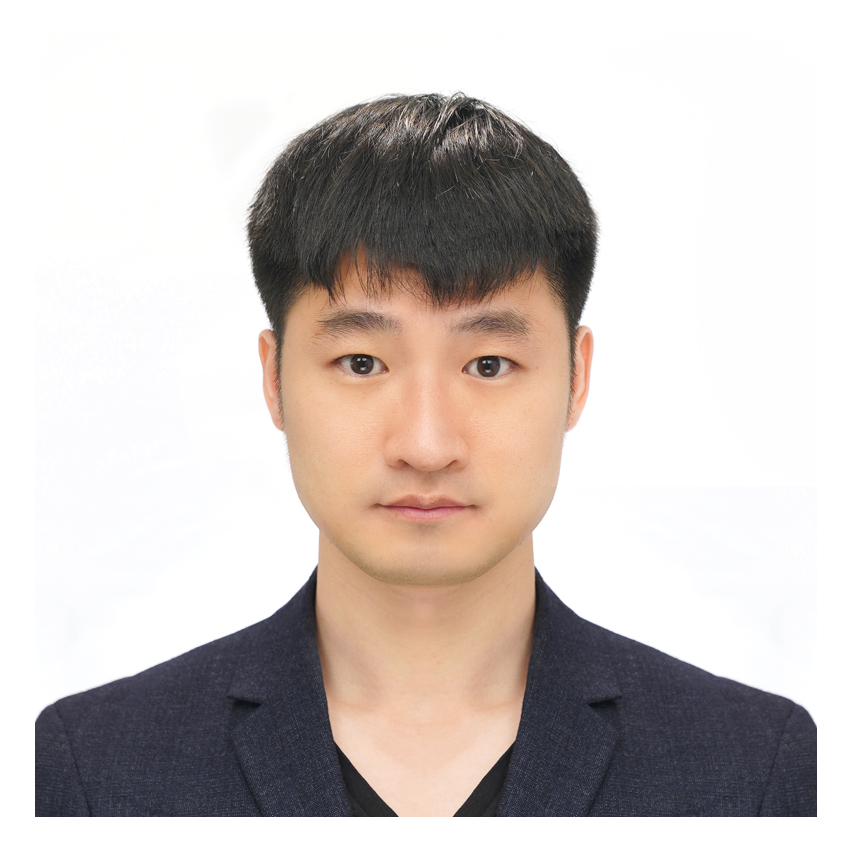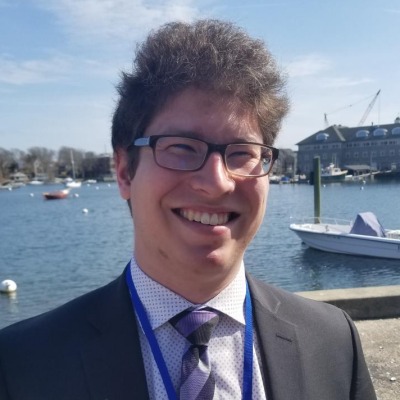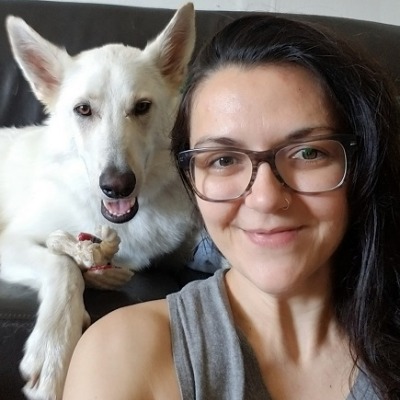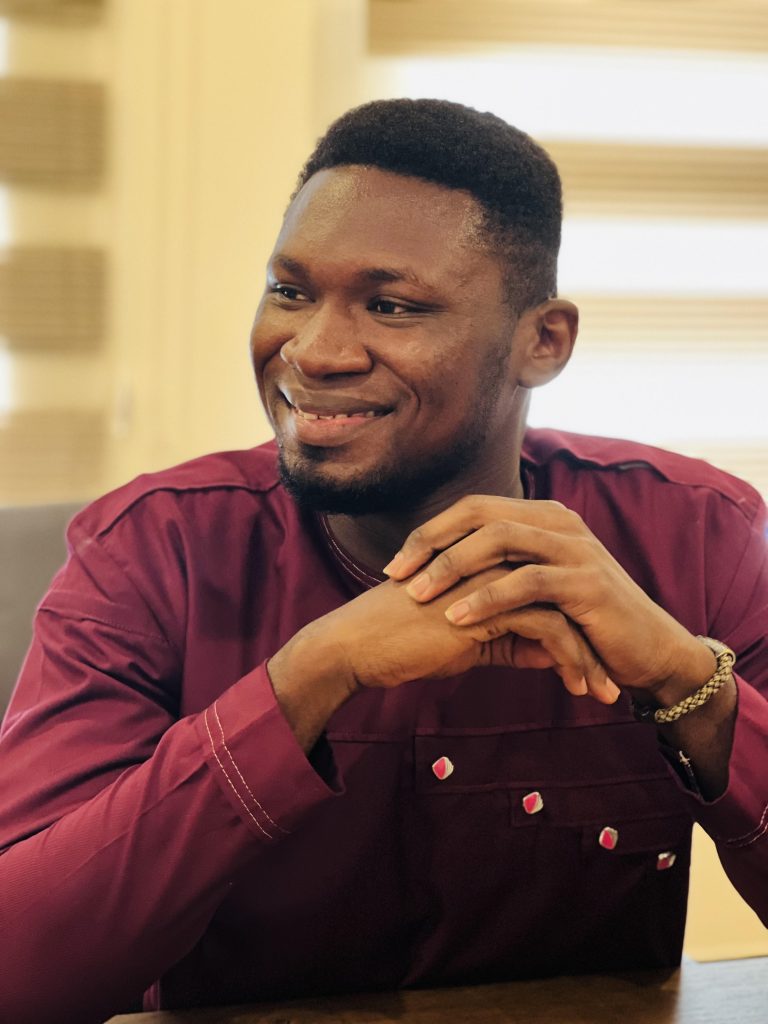
Richard Adjei
Richard joined the PhD programme in the History of Medicine in 2022. He holds a Bachelor of Arts Degree in History from the Kwame Nkrumah University of Science and Technology (KNUST), Kumasi, Ghana, and a Master of Science Degree in African Studies from the University of Oxford, United Kingdom, earning them in 2017 and 2020, respectively. His undergraduate and master’s dissertations focused on the history of medical pluralism and medical systems in Ghana, where he studied the history of traditional medicine, particularly its relationship with the State and interactions with Western biomedicine. For his PhD, Richard is researching on the nexus between social change and the epidemiology of non-communicable diseases in Ghana, focusing on stroke and other cardiovascular diseases. He is also interested in the political economy of health and diseases in West in Africa.
